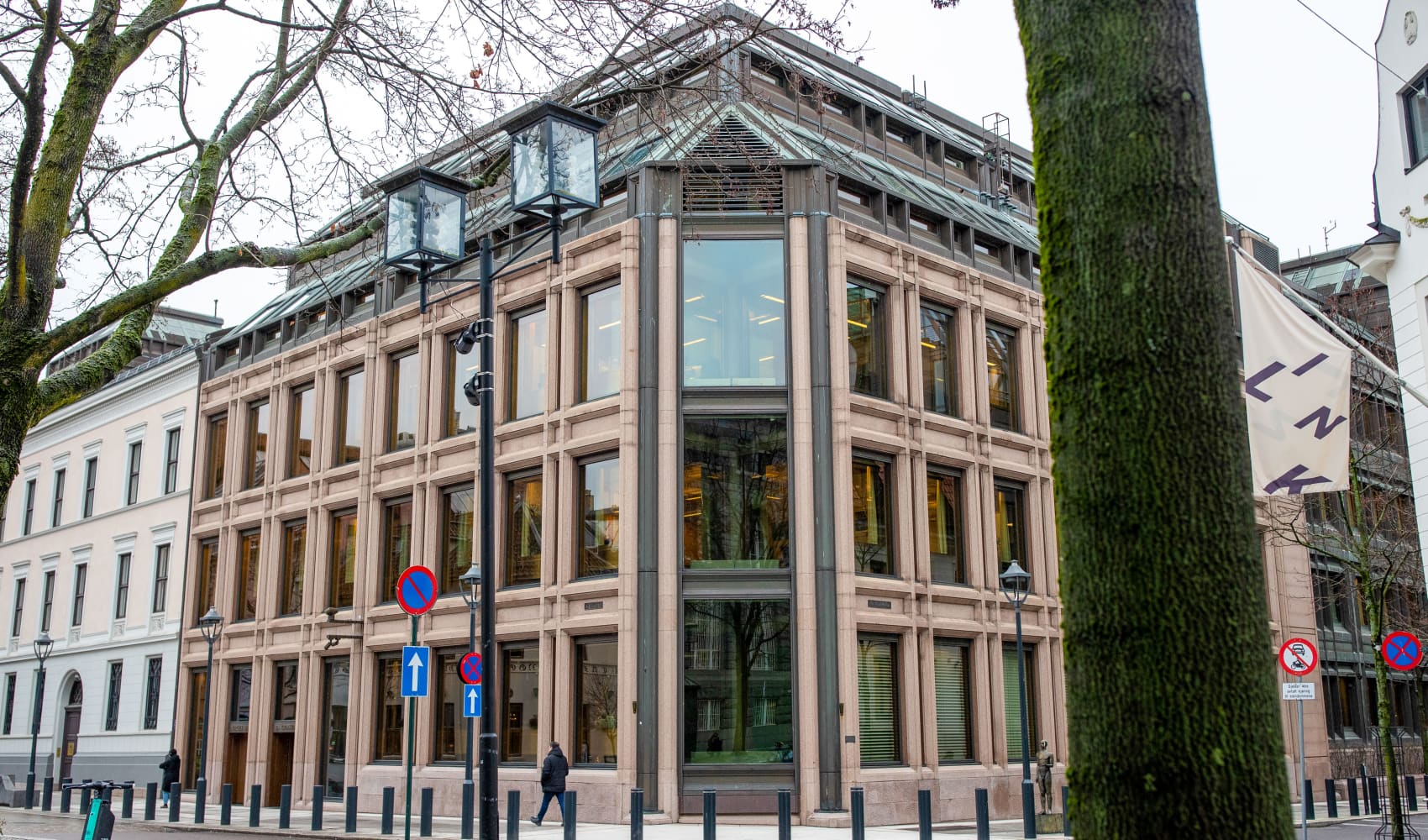
- The notion of continuing to move faster to increase productivity in careers has long been a hallmark of work.
- However, futurist April Rinne says that moving slower could actually benefit workers in a variety of ways.
- She says one of the biggest risks in the future will be attempting to keep up with a pace of change that will make today's pace look slow by comparison. "You run the risk of running straight past life," Rinne said at the recent CNBC @Work Summit.
In the endless battle to improve productivity, instead of trying to move faster, consider slowing down.
The relentless pace of work received some attention pre-pandemic, mainly among younger workers, but nearing two years of remote employment during Covid, the discussion is now a major one within leadership circles and across the labor force.
Get Boston local news, weather forecasts, lifestyle and entertainment stories to your inbox. Sign up for NBC Boston’s newsletters.
A record number of workers left their jobs in August, 4.3 million people, according to the Labor Department. The number of job openings remains at a record high level as employers struggle to find enough job seekers to meet demand.
Burnout and exhaustion have risen among workers and corporate leadership is concerned about it.
"People are dropping out of the workforce and they are changing the nature of their jobs. You can see that adaptation," billionaire hedge fund manager Ray Dalio said at this week's CNBC @Work Summit.
Money Report
"Our people after 18 months are fatigued," said Bank of America global strategy leader Cathy Bessant.
Futurist April Rinne, author of "Flux: 8 Superpowers for Thriving in Constant Change" says the fast-paced sprint mentality is part of the problem and it should be thought of in terms of the risks it introduces in decision making and innovation.
"The biggest risk we run here is that when you're running ever faster, you run the risk of running straight past life," Rinne told CNBC's Jane Wells at the CNBC @Work Summit. "We need to learn how to slow down our pace," she said, not be lazy, "but run at a pace that is sustainable for life."
Because the world, according to the futurist, is not going to slow down. "The pace of change today is faster than it's ever been, and yet it's likely to never be this slow again," Rinne said. "However fast you are running today, the faster you will be running tomorrow, and next week, and next year."
Moving quicker won't guarantee success
The linear script we have been taught for life is study, work, retire, but it is a mistake to think that always equal success, Rinne says. It is a one-way mentality that often leads to quick, and not necessarily wise, decisions. "When you slow down, you learn to see more and identify some blind spots, you see things that you couldn't see when you were constantly going ever faster," she said.
Adjusting to new work practices goes beyond the flexibility, and the hybrid model, now being embraced by organizational leaders. It involves facing the reality of change and adapting to it, a flux mindset, as Rinne defines it: "A flux mindset is the ability to see all change as an opportunity to learn, grow and improve."
Over the last 19 months, nothing has seemed normal and as a society we have had to adapt to many types of change, and Rinne says changes will continue to surge as we adapt to new routines and ways of living.
"The future holds more change, including more of the kinds of changes that we don't control," she said.
How to adapt
- Create a better relationship with change. Covid has shown the importance of adaptation and flexibility and a flux mindset can level out our relationship to change, "how we think about it and reshape it," Rinne says. If we can change our way of thinking, she believes we will be able to adapt to change, both good and bad. That includes a reevaluation of the "life around work" mentality. Rinne says people need to start building their work around their life instead.
- Obtain customizable skills. Jobs can be risky, and positions can be eliminated or shifted to automated alternatives. Rinne — who referenced fellow @Work Summit speaker Ray Dalio's focus on "customization" of work — says creating a career portfolio rather than a career path will help workers invest in valuable skills that they can contribute to their jobs and society, and quickly pivot if they find themselves in a career crisis.
Missed this year's CNBC's At Work summit? Access the full sessions on demand at https://www.cnbcevents.com/worksummit/






